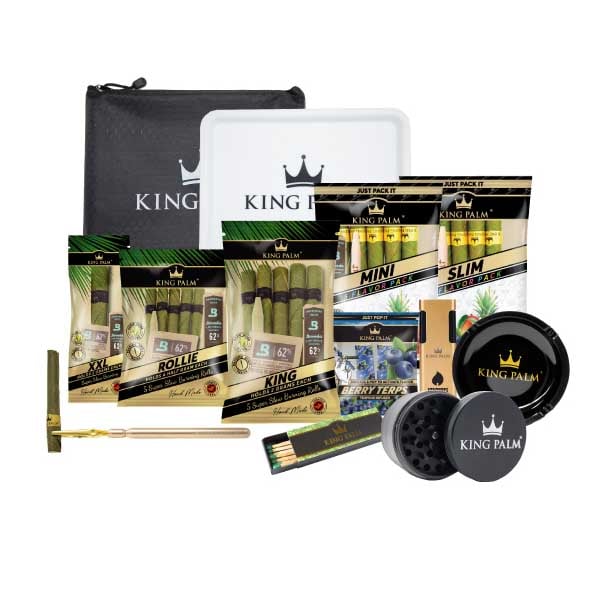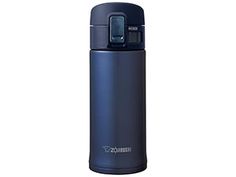
No matter if you're looking to purchase an entire set of utensils for your kitchen or just a few items to replace, it's important that the set you choose is right for you. There are many factors to consider when buying a new set, including the size and what it includes. Additionally, you will need to consider storage options as well as what each utensil is going to do in the kitchen.
Stainless Steel Cooking Utensil
A stainless steel cooking utensil is a popular choice because it's strong, durable, resistant to corrosion and not susceptible to cracking or chipping. It won't stain, discolor or react with acidic foods.
Another popular material for cooking utensils is silicone, which is lightweight and flexible and non-stick to cookware. However, silicone isn't as environmentally-friendly as other materials. It is made of silica, a nonrenewable resource that requires burning fossil fuels to make.

Bamboo Spoons & Spatulas:
Bamboo is an eco-friendly choice to stainless steel. These utensils will work in any kitchen and are easy to clean.
While a bamboo spoon or spatula may cost more than a similar plastic or nylon utensil, you'll pay less overall, especially when you consider the environmental impact. These utensils are non-stick and dishwasher-safe, which is a great benefit for any kitchen.
Stainless Steel Kitchen Utensils
A stainless steel utensil set can be used in a wide variety of dishes, whether you're making soup, stew or pasta. Stainless-steel utensils may also be used to prepare seafood or grilled meats.
You want tools that are both sturdy and beautiful. These sets also come in a variety of colors and styles, so you can easily match them to your kitchen decor.

For anyone who uses heavy-duty or high-heat cookware, stainless steel is a great option. They can be used in a wide variety of recipes, including meats, fish, vegetables, and desserts.
The best stainless-steel utensil sets will contain all the basics, plus a few extras such as a garlic press and slotted spoon. It will come with a storage box to help keep the utensils arranged.
FAQ
How do I get the best value for my money online when shopping for clothes?
There are several things that you can do to ensure that you get the best deal when you shop for clothes online. You should first take advantage of free shipping offers offered by certain retailers. These promotions typically include free delivery within Australia.
The second thing you need to do is check out the returns policy of the website before you make your purchase. Some websites allow you back items within 30 days of receipt, while others offer refunds only if the items are returned within 14 days.
Third, read reviews about the retailer you are considering purchasing from. This will help you determine whether or not they are reliable and reputable.
Fourth, compare prices between different retailers. There are plenty of comparison websites available where you can view prices from various retailers side-by-side.
Remember that coupon codes and sales are sometimes available for specific brands or types. You can check the site often for new offers.
Are there other things that I should know about buying clothes online
Before buying clothes online, there's a lot you need to know. First, determine your size. While it might seem obvious, many companies don’t provide this information. So you may have to guess.
Remember to be aware of shipping charges. Shipping costs will vary depending upon the item ordered. You should also know where your package is going. Some items ship direct from the manufacturer. Other items go through a third party warehouse. This can alter delivery times.
Read reviews. There are plenty of bad experiences out there. Don't allow someone else's experience to influence your own.
How can I avoid being conned when shopping online?
You need to be careful when purchasing online. Before purchasing online, make sure you read customer feedback and reviews. Also, never send sensitive financial information via email. Use a secure website like PayPal instead. You can rest assured that your information will be safe by using this secure site.
Are rewards and insider programs worth the effort?
Rewarding yourself with great rewards is great but not always worthwhile. If you do decide that you want to join an online program you should make sure that there is value. You should know how much money and time you are spending on it.
Don't sign up for rewards cards just because they offer a signup bonus. Sometimes these bonuses aren't worth the hassle of applying for one.
You should also ask yourself why it is that you want to be a part of a rewards program. Many people join because they see their friends doing it. If you don't have an interest in the company's products and services, you won’t be able to stay with it for long enough to reap the rewards.
Is there a place where I can find coupons for online purchases?
You have two options to locate coupons for online shopping. 1. Go directly to the site of the company that you want to buy from. 2. Search Google for coupon codes. While both methods work, some websites might be more difficult to navigate.
Statistics
- A report from the U.S. Census Bureau found that in the first quarter of 2022, an estimated $250 billion was spent on retail e-commerce sales.1 (thebalance.com)
- An approximately 90% increase in price affords Hotel X the opportunity of extreme profits under severe circumstances. (dos.ny.gov)
- Your Online Purchases 79% of Americans purchased goods and services online in 2018, which is expected to exceed 90% in 2023. (meetfabric.com)
- According to the Federal Trade Commission (FTC), online shopping was the fourth most common fraud category for consumers as of February 2022.5 (thebalance.com)
External Links
How To
How to shop online safely
Online shopping offers convenience and is a great way to shop for goods and services. But this convenience comes with a price. Although there are many benefits to shopping online, there are also potential risks. Identity theft is the most serious risk. Identity thieves use your personal data (name, address, credit card number) to steal money from you or take out fraudulent loans against your name. They then make a profit by selling your stolen information on a black market. If you want to stay safe while doing business online, here are some tips to keep in mind:
-
Use secure websites. SSL encryption is a free service offered by most online stores to protect customers' data. All information you enter on their website, including names, addresses, phone numbers and credit card details, is protected by SSL encryption so that only you can view it. It prevents others from viewing what you put in. It is important to verify that an authorized CA has issued a valid certificate before you shop online. When you browse the web, look for a green padlock icon at the URL bar.
-
Don't give away your password. When you sign up to a new account, an email will usually ask you to confirm your email address or username. This information should never be given to anyone. Keep them safe! If someone takes your wallet, they may also have access to your accounts. Instead, store them on your computer. Your passwords should be changed at least every three to four months.
-
Keep track and keep track of your orders. Track where you send packages if you're sending items to other people or yourself. Many people fall for the trap of thinking they have sent something to them, but in reality it was sent from another place. Before you make payment for shipping, be sure to check the tracking number. Never ship anything without seeing proof of delivery. If you are not satisfied with the service, contact the company immediately.
-
Be aware of who you are dealing with. Many websites will require you to give sensitive information, such as your full name and date of birth, Social Security Number, and Bank Routing number. These details allow them to identify you. Be careful what information you give out. Google "what does the website need" if you aren't sure if it needs these details. There are many ways to find answers.
-
Beware of pop-up windows Many websites bombard you with popups advertising special offers and deals. Some of these ads may seem legitimate, but others are designed to trick you into revealing private information. A fake antivirus program, for example, might ask you for your social insurance number and credit card number. Never click on suspicious links to avoid being tricked.
-
Phishing scams are to be avoided. Phishing scams use hackers to pretend to represent reputable companies and trick consumers into providing their financial information. Phishers often create emails that look like they come from banks or retailers, encouraging users to log in and update their account information. The hacker can access your finances once you have given your personal information. Hackers could even take over your bank accounts or transfer funds from one account to another. The following resources can help you identify phishing scams.
-
Do your homework. Before signing up for a deal, always read the fine print. The terms and conditions of any contract you agree to must be clear and easy to understand. Take the time to review all terms and conditions carefully. It's important to avoid hidden fees and charges when trying to save money.
-
Look around. Do not be afraid to shop around. Compare prices on different websites until finding the lowest price. You can also compare shipping prices when ordering multiple items. Shipping rates can vary widely depending on which website is used. It's worth paying a little extra for fast shipping.